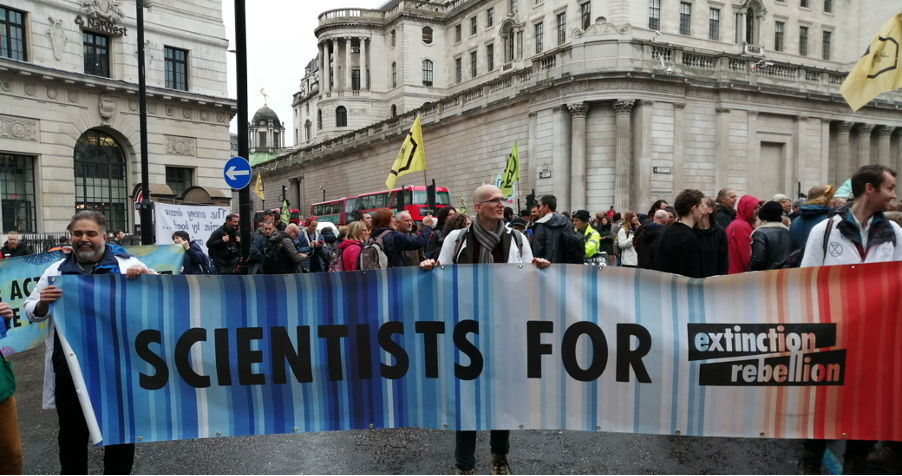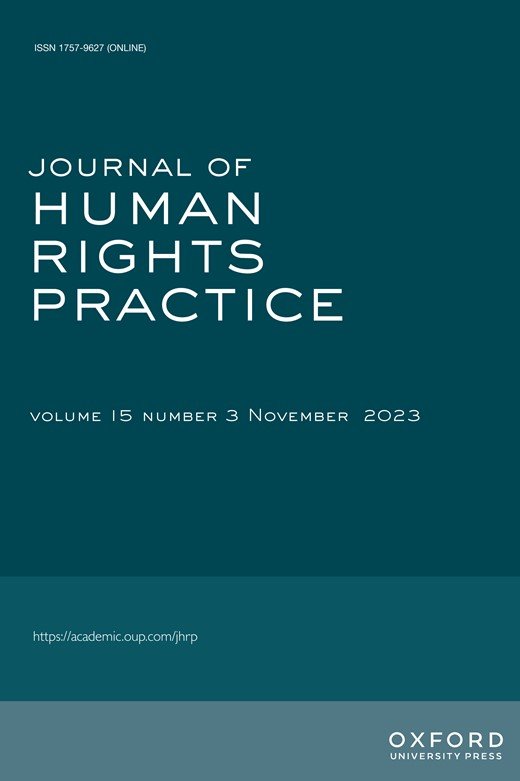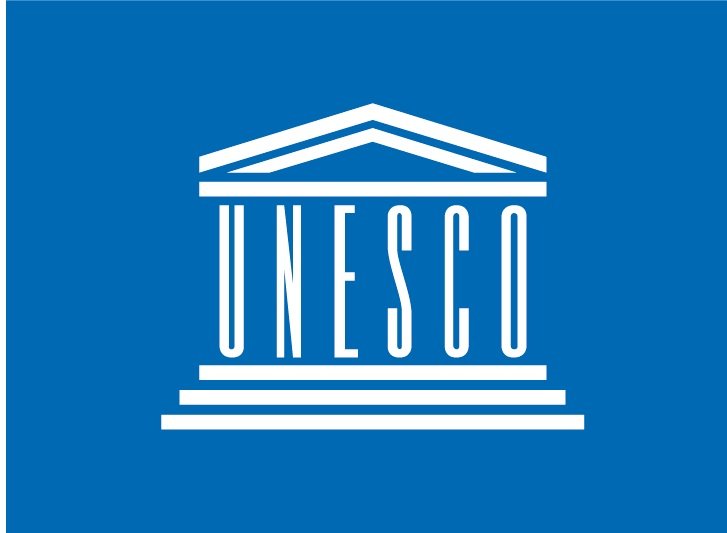
News
-

Activists in Exile - funding awarded for new project
UNESCO Chair Professor Paul Gready and UNESCO board member Jun-Professor Rosario Figari-Layus from the University of Bonn have secured funding from the Gerda Henkel Foundation for the project Activists in Exile in an Era of Mass Displacement: Universities as Sites of Protection and Supporters of Agency for Activists from Russia and Myanmar.
-

Youth, Protests and the Polycrisis - new working paper
This working paper explores protests as a preferred method of political engagement by young people and an expression of their future aspirations. While cautioning about the risks, this paper assesses the transformative potential of youth participation in protests, combining quantitative research and qualitative insights, including from young people themselves.
-

MoU signed with UWC
A Memorandum of Understanding has been signed by the UNESCO Chair and the University of the Western Cape. The parties will work together to enhance the roles that universities play as sites of activism and protection and collaborate to secure the achievement of shared aims and objectives.
-

Climate Change Activisms by Academics - new working paper
In this paper, Stephen Langford investigates responses of academics to global environmental climate change. He focuses on the extent to which academics adopt a range of activisms, advocacy, activist practices and stances with the consequential opportunities, strategies and risks.
-

Research Scholarship
As part of the UNESCO Chair's knowledge exchange programme it is able to sponsor one visiting researcher scholarship per year. The exchange can be up to 6 weeks in length and requires a mutually agreed programme of work between the researcher and the host university. The fellowship will cover all relevant costs, including travel, accommodation and a stipend. We are currently seeking applications for the 2025 research scholarship
-

African Universities Hub - Summer School
Are you passionate about promoting and protecting human rights? The African Universities Hub for Human Rights (AUH) is hosting its inaugural Summer School in Cape Town!
The School will run from 7 to 11 October 2024, at the University of the Western Cape (UWC) in Cape Town, South Africa.
-

Call for EOI for Special Issue: Activist Pedagogies in Human Rights Education
This Special Issue will focus on new and emerging ways in which human rights curricula engage with practice, and specifically how such curricula incorporate activist knowledge, as one means of pluralising the forms of knowledge taught within universities and supporting activism and civil society.
Expressions of interest are invited in the form of a short 500-word abstract (by 10 May 2024, if possible).
-

Africa Hub 2023 Report
The Africa Human Rights Hub is a university-based initiative seeking to support human rights defenders and expand the democratic space within the African content. The vision of the Hub is to support African universities to play a significant role in protecting emancipatory human rights, focusing on how universities can support ‘protection’, both externally and internally. Read more in their first report.
-

University Guidelines
As part of CAHR’s UNESCO Chair activities, we are looking to develop guidelines to support universities offering temporary relocation to human rights defenders / activists at risk.
If you have been involved in hosting HRDs / activists, either on formal schemes or as students, or are planning to do so, and would like to be involved in this project, please click the link below for more information.
-

15by30
At the Global Refugee Forum held in December 2023 the UNHCR reiterated the 15by30 pledge - to have 15% of young refugees enrolled in higher education by 2030. The UNHCR urged states and the private sector ‘to come forward with pledges to increase funding for and access to higher education by joining and making contributions to the 15by30 global pledge on refugee higher education’.
-

Institutional Responses to Shrinking Academic Spaces in Latin America
In this presentation (recorded on 3 November 2023) Dr Rosario Figari Layús examines the cases of Brazil and Colombia and analyses university reactions when staff and students are being attacked or in a situation of risk. What measures are adopted by universities in these countries to deal with security challenges faced by scholars at risk and to guarantee academic freedom? How effective and sustainable are these measures? What are the consequences and impacts of such institutional actions in these cases?
-

Africa Hub Launched
The Politics and Urban Governance Research Group (PUG), at the University of the Western Cape (UWC), has launched an African Hub to support universities as sites of protection for human rights defenders and the expansion of political space on the continent. Developed in collaboration with the UNESCO Chair on these themes, held by Paul Gready, human rights defenders, academics and students, the Hub will support universities to counter threats to the freedom and autonomy of academics, students and activists.
-

UNESCO Chair Action Plan
This document sets out the Action Plan for the first two years of the UNESCO Chair addressing the role of universities in the ‘Protection of HRDs, and Expansion of Political Space’.
-

New Policy Brief
The latest UNESCO Chair Policy Brief - Universities as Sites of Activism and Protection - is now available.
All the UNESCO Chair working papers and policy briefs can be found here.
-

Book Chapter Published
The UNESCO Chair and colleagues have a chapter published in ‘Emancipatory Human Rights and the University’ - Universities as Sites of Protection: Insights from the Global South on Gender-Based Violence
-

Scholars at Risk - Free to Think
Scholars at Risk (SAR) announces the release of Free To Think 2023, a report analysing 409 attacks on the higher education community in 66 countries and territories, between 1 July 2022, and 30 June 2023.
